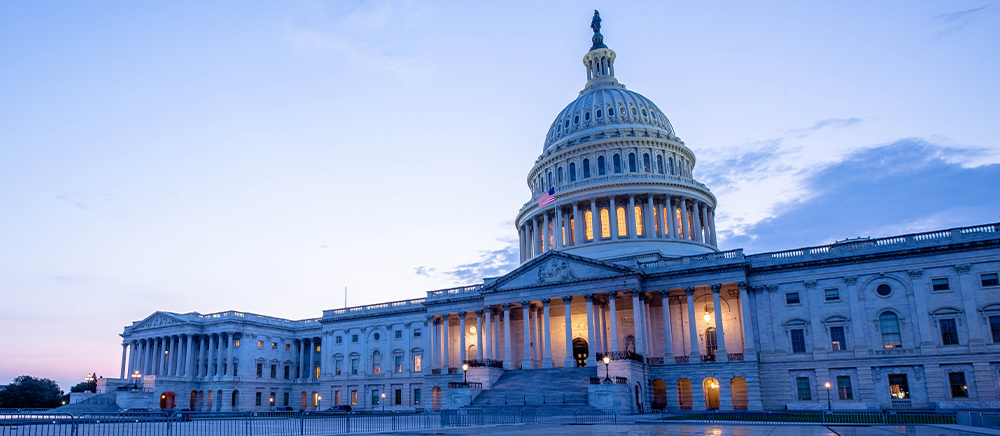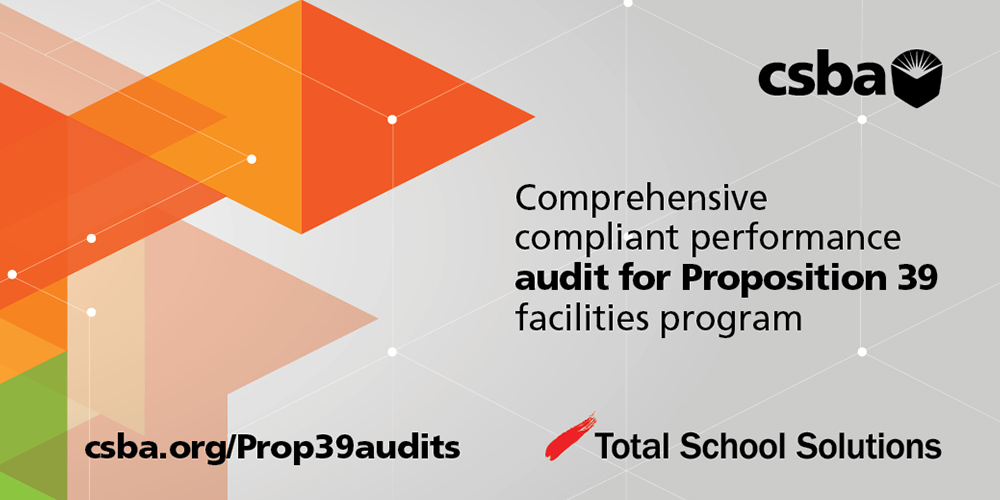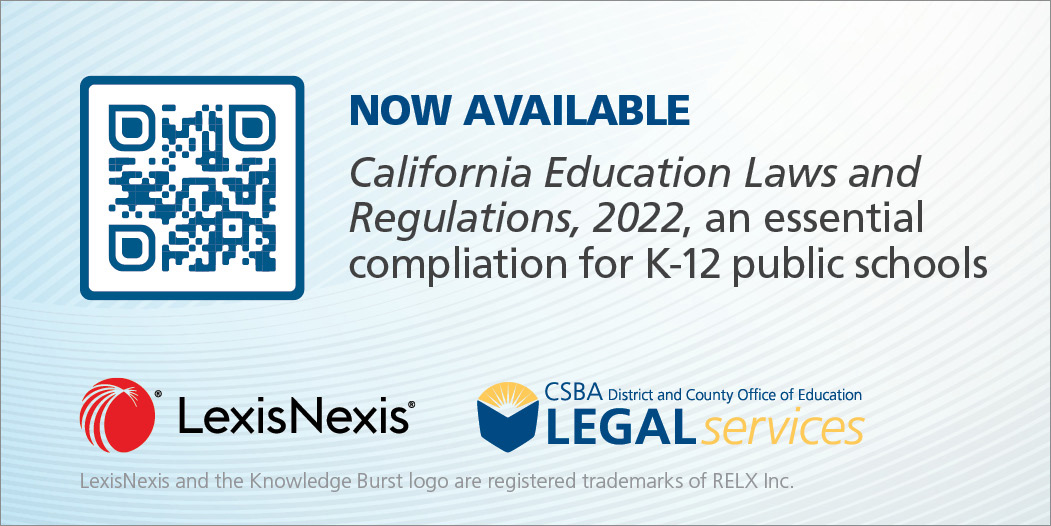With Gov. Gavin Newsom’s introduction of his January Budget, the Legislature has begun 2024–25 budget deliberations. Unlike past years, this budget is influenced heavily by unprecedented circumstances. Due to the severe storms the state experienced during the winter months of 2022–23, both the federal Internal Revenue Service and the California Franchise Tax Board delayed the deadline to submit income tax filing by seven months, from April until November 2023. This delay forced the Governor and Legislature to rely upon revenue projections instead of actual revenues in the adoption of the 2023–24 budget.
It was only after the adoption of the 2023 Budget Act that it was revealed income tax collections fell 25 percent, which, according to the Legislative Analyst’s Office (LAO), “results in an unprecedented prior‑year reduction to the minimum funding requirement for schools and community colleges.” As a result, the Proposition 98 Guarantee for the 2022–23 fiscal year was funded $8 billion above what it should have been. This has created a substantial shortfall within Prop 98, and the budgetary actions required to bridge this gap are complex and raise serious concerns about the future of Prop 98 funding levels.


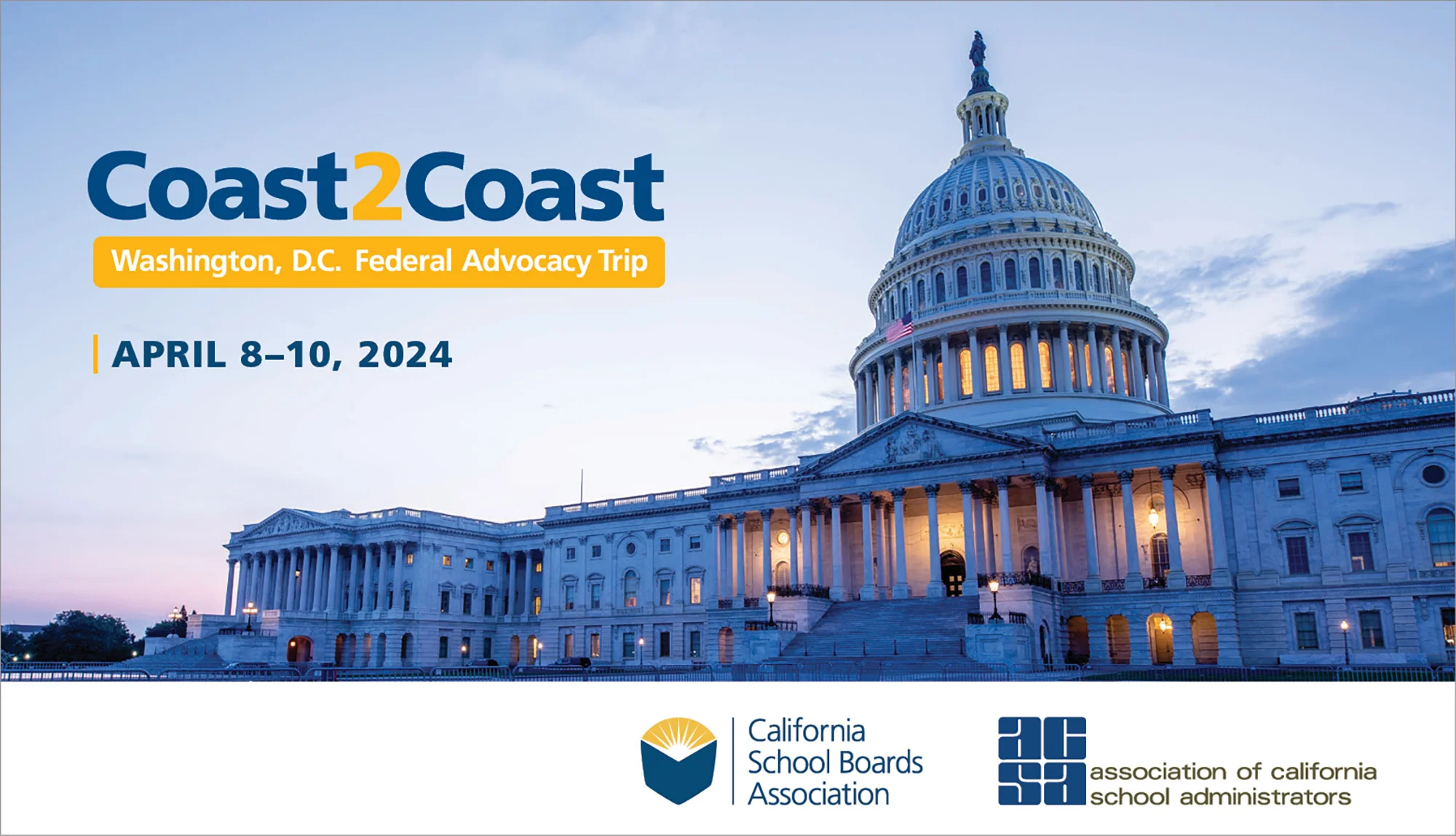
CSBA and the Association of California School Administrators (ACSA) will host the third annual Coast2Coast Federal Advocacy Trip to Washington, D.C., from April 8–10, 2024. Don’t miss your chance to be a part of this advocacy event and shine a light on the issues affecting the state’s nearly 6 million students. California school district and county office of education board members and superintendents can bring their local issues straight to the nation’s Capital during this three-day event.
The 2024 Coast2Coast event will begin with a day of brushing up on education policy issues specific to California, an “insiders’” briefing on the latest politics affecting federal education policy, and a networking opportunity with prominent D.C. figures and fellow educators. This will be followed by two days of meetings on Capitol Hill to advocate directly with California congressional representatives, White House officials, key federal agency leaders and other top policymakers.

Troy Flint | tflint@csba.org
Editorial Director:
Kimberly Sellery | ksellery@csba.org
Staff Writers and Contributors:
Alisha Kirby | akirby@csba.org
Heather Kemp | hkemp@csba.org
Bode Owoyele | bowoyele@csba.org
Christa Matthews | cmatthews@csba.org
Chris Reefe | creefe@csba.org
Meghan Russell | mrussell@csba.org
Director of Graphic Design & Branding:
Kerry Macklin | kmacklin@csba.org
Senior Graphic Designer:
Amanda Moen | amoen@csba.org
Albert Gonzalez | Santa Clara USD
President-elect:
Bettye Lusk | Monterey Peninsula USD
Vice President:
Debra Schade | Solana Beach SD
Immediate Past President:
Susan Markarian | Pacific Union ESD
CEO & Executive Director:
Vernon M. Billy
News and feature items submitted for publication are edited for style and space as necessary.

President’s Message: Albert Gonzalez
It was wonderful to see faces old and new who are dedicated to the critical work county boards perform. As a Santa Clara Unified School District trustee, I see firsthand the assistance county offices of education provide to local school districts as well as the essential services they offer to students, particularly high-need students, a population disproportionately affected by inequitable education as well as the lingering effects of the pandemic.

In September 2022, Gov. Gavin Newsom signed into law Assembly Bill 2158, which requires school district governing boards, county boards of education and governing bodies for charter schools to complete ethics trainings every two years during their term of service. Previously, these entities were exempt from the ethics training requirements, but under AB 2158, these school district and county office board members are required to complete ethics training as well. The law went into effect for board members elected in November 2022 elections and all board members who will be serving in office as of Jan. 1, 2025.
CSBA has created a training to aid trustees in fulfilling this new requirement. Members attending the training will gain an understanding of the various ethical responsibilities of board members imposed by California law, including financial conflicts of interest, gifts and Form 700 reporting, and learn how to effectively manage conflicts of interest and ethical dilemmas. CSBA’s training is provided by licensed California attorneys and, in addition to enhancing your decision-making skills, meets AB 2158’s requirements for board members.
In the dynamic landscape of education, effective governance is pivotal to the success of a local educational agency and in shaping students’ educational journey. To strengthen the board’s commitment to excellence, they should engage in continuous improvement. One powerful tool recommended by Board Bylaw 9400 is the board self-evaluation, which states, “The Governing Board shall annually conduct a self-evaluation in order to demonstrate accountability to the community and ensure that district governance effectively supports student achievement and the attainment of the district’s vision and goals.”
Board self-evaluation is a reflective process where trustees assess their collective performance and identify strengths and areas for improvement. This introspective exercise is not just a procedural requirement but a catalyst for growth and progress within the LEA.
2024–25 CSBA Officers and Board of Directors
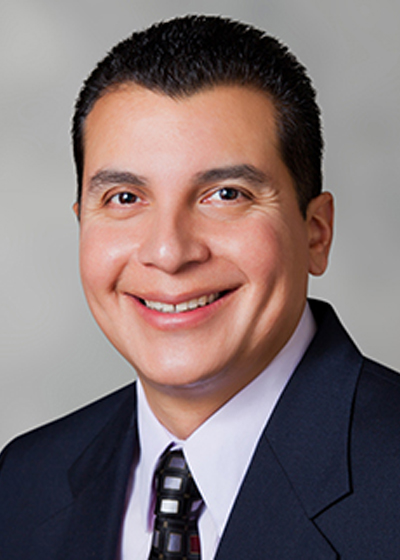
President
Santa Clara USD

President-elect
Monterey Peninsula USD
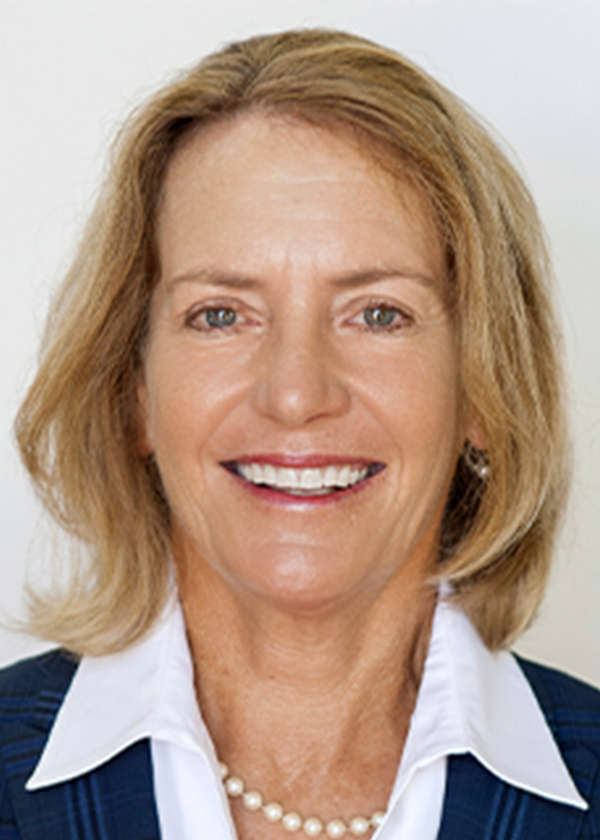
Vice President
Solana Beach SD

Immediate Past President
Pacific Union ESD

Region 1
Ukiah USD

Region 2
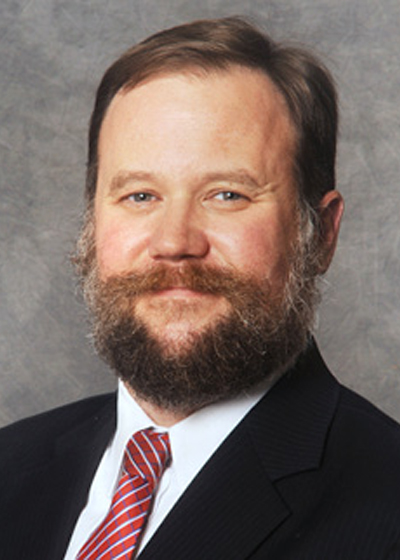
Region 3
Napa Valley USD

Region 4
Eureka Union SD
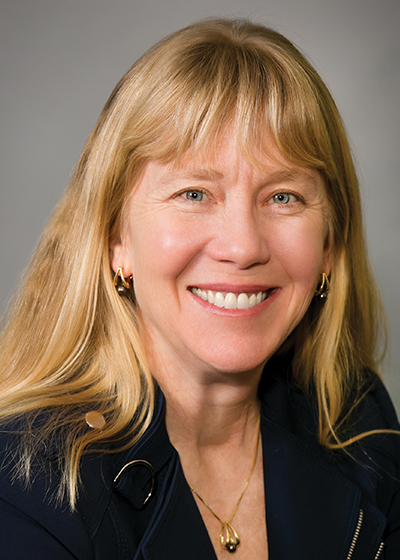
Alisa MacAvoy
Region 5
Redwood City SD

Region 6
Washington USD
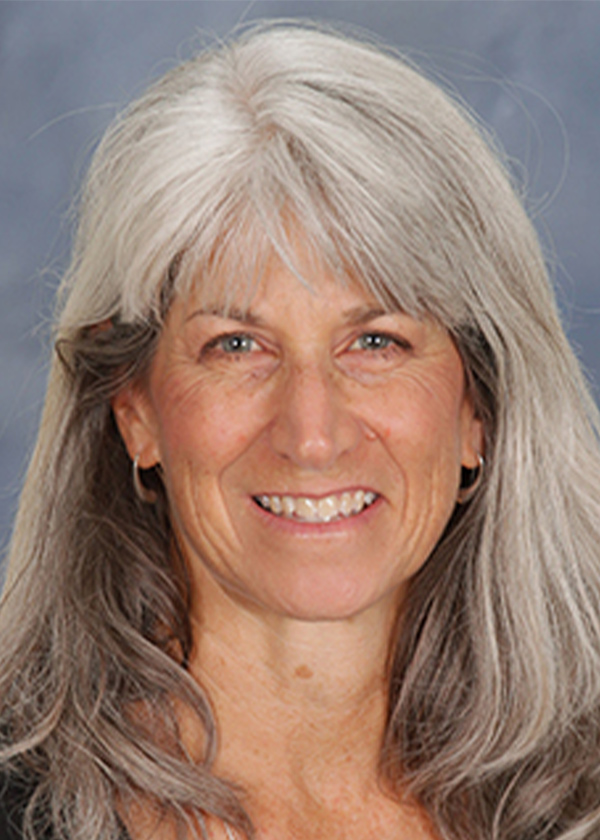
Region 7
San Ramon Valley USD
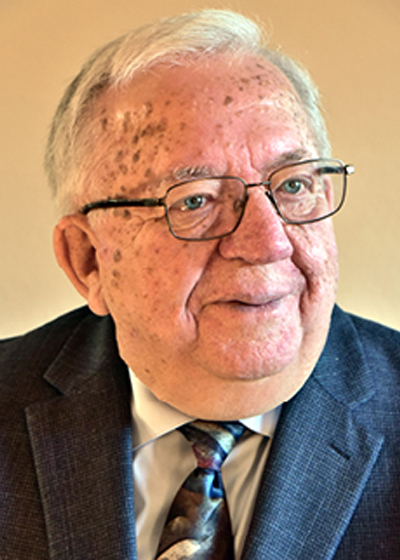
Region 8
Ripon USD
Ahead of Arts Education Month in March, the California Department of Education hosted a Feb. 1 webinar on how local educational agencies can put Proposition 28 funds into practice.
Referred to as the Arts and Music in Schools (AMS) Funding Guarantee and Accountability Act, the legislation was approved by voters in 2022 and requires the state to create an ongoing program to support arts instruction in schools beginning in the 2023–24 academic year. Money began to flow into schools in February, and while some LEAs got a head start on hiring educators and expanding arts offerings before the dollars dropped, others are just getting started.

Instructional materials are central to students’ educational success, and local governing boards play a critical role in ensuring the smooth adoption of high-quality materials the reflect the diversity in their communities.
A new CSBA brief, “Instructional Materials Adoptions: State and Local Governing Board Processes, Roles, and Responsibilities,” details the importance of high-quality instructional materials for student learning, provides crucial information about the legal requirements enacted by Assembly Bill 1078, and looks at upcoming adoptions related to California’s new Mathematics Framework. The brief also explains the difference between standards and frameworks, how they relate to instructional materials, and state and local roles in adopting instructional materials.
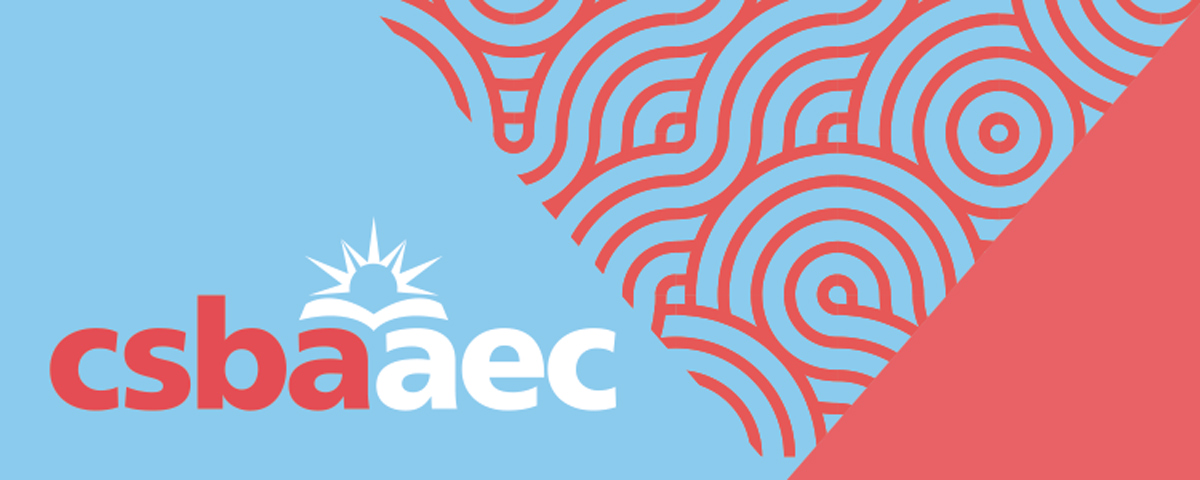
From April 1 to May 3, CSBA is inviting members from across the state to submit proposals that will spark important conversations and shape the future of public education in California.
Share your expertise in two ways:
- Workshops: Dive deep into specific themes or challenges featuring practical applications, strategies and programs that your local educational agency has used to address specific challenges, facilitated discussions and collaborative learning opportunities.
- Table Talks: Ignite discussions on emerging topics and critical trends in a dynamic, small-group setting.
With rates of anxiety, depression and self-harm on the rise nationally among youth and a shortage of mental health providers, the new applications — housed under the umbrella name Behavioral Health Virtual Services Platform — intend to help meet the increasing demand for services seen across the state.
To address campus risks, prepare for emergencies and create a safe, secure learning environment for students and staff, districts are required to develop and maintain a comprehensive school safety plan.

The United States Supreme Court hears a limited number of cases every year and only a handful of those cases are usually related to education matters. Many cases are submitted to the court in the hopes that it will grant “certiorari,” or review, but most are denied the chance to argue their case and do not receive any consideration from the Court. Below is a summary of four education cases that were recently submitted to the Court for consideration.
Commission on Teacher Credentialing launches PK-3 credential and adopts revised teaching standards

During the meeting, commissioners adopted the revised California Standards for the Teaching Profession (CSTP) and approved a new option for certifying subject matter competence.
The CSTP were originally developed and adopted in the 1990s and most recently updated in 2009. The standards describe the set of knowledge, skills and abilities characteristic of accomplished professional practice at the level expected of effective veteran teachers.
What LEAs can do to support foster youth and prepare them for the future

A new report details the significant overhaul needed across sectors to better support and prepare those exiting the foster care system as they transition into adulthood — and schools can play an important role in reinforcing this work.
Released in January by the Institute for the Future, Youth Law Center and California Youth Connection, On the Threshold of Change: Forces that could transform future conditions for youth in Extended Foster Care (EFC) notes that a pandemic, rapidly advancing technology, climate crises, economic, workforce, housing and societal changes and more — circumstances that could never have been imagined by policymakers a decade ago — are already dramatically impacting foster youth transitioning to adulthood, while outdated systems have struggled to respond.
The WorkAbility I (WAI) grant program piloted by the California Department of Education in 1981 is a career awareness, exploration and training program for special education students ages 12 to 22. Part of the Special Education Local Plan Area (SELPA) department housed at San Joaquin COE, it provides students with opportunities to participate in career speaker presentations, mock interviews, job shadowing, industry tours and career exploration. This allows students to find their interests, skills and abilities while learning job-search, readiness and retention skills. The program provides paid job training opportunities for students 16 years and older at participating local businesses with ongoing support and guidance from WAI vocational staff.
March 26
The Brown Act
April 16
Ethics Assembly Bill 2158
The Role of the School Board in Achieving Equity Through Strategic Budgeting




